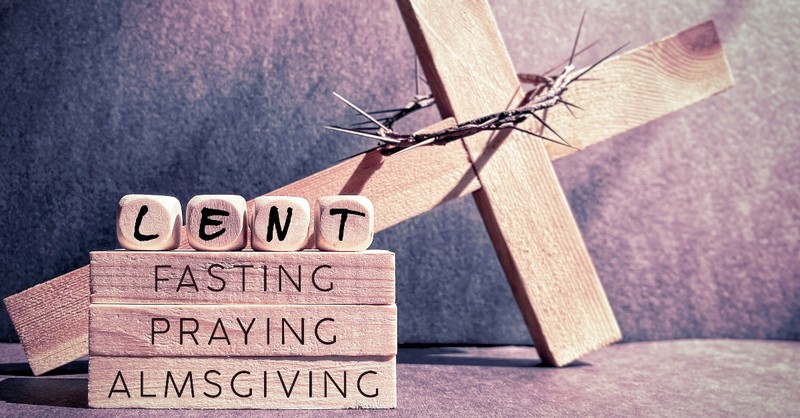Fat Tuesday, also known as Shrove Tuesday, will be February 17th, 2026. Fat Tuesday is the day that precedes Ash Wednesday and the beginning of the Christian season of Lent. It is called "Fat Tuesday" because it traditionally marks the last day of indulgence and feasting before the 40 days of fasting and repentance observed during Lent.
The word "shrove" is derived from the Old English word "shrive," which means to confess one's sins and receive absolution. Shrove Tuesday is often associated with confession and the practice of shriving, where Christians would confess their sins and seek forgiveness in preparation for the Lenten season.
When is Palm Sunday?
Palm Sunday will be March 29th, 2026. This is the Sunday before Easter and commemorates Jesus' triumphant entry into Jerusalem and it is the last Sunday of Lent. It is a joyful occasion, with the congregation often receiving palm branches during the service.
When is Maundy Thursday?
Maundy Thursday is on April 2nd, 2026. Maundy Thursday, also known as Holy Thursday, is the day in Holy Week that commemorates the Last Supper of Jesus Christ with His disciples. It is a significant Christian observance where Jesus instituted the Eucharist, washed the disciples' feet as a symbol of humility and service, and foretold His betrayal. The term "Maundy" is derived from the Latin word "mandatum," meaning "commandment," referring to Jesus' new commandment to love one another as He loved them.
In the Catholic Church, Lent ends at sundown on Holy Thursday. This marks the beginning of the Easter Triduum, a separate liturgical period leading up to Easter Sunday.
When is Good Friday?
Good Friday will be on April 3rd, 2026. Good Friday is the day in Holy Week that commemorates the crucifixion and death of Jesus Christ on the cross at Calvary. It is a solemn and reflective day for Christians, marking the sacrifice and atonement for sins through Jesus' death.
Holy Saturday is on April 4th, 2026. Holy Saturday is the day in Holy Week that falls between Good Friday and Easter Sunday. It is a day of quiet anticipation and reflection on the time when Jesus' body lay in the tomb before His resurrection, symbolizing the transition from the crucifixion to the resurrection in Christian tradition.
While Catholics end lent on Thursday, many Protestant denominations observe Lent until Holy Saturday, the day before Easter.
When is Easter?
Easter Sunday falls on Sunday, April 5th, 2026. Easter is the Christian celebration of the resurrection of Jesus Christ from the dead, signifying victory over sin and death. It is the central event of the Christian faith and is observed with joy and worship on the first Sunday following Holy Saturday, symbolizing new life and hope.







